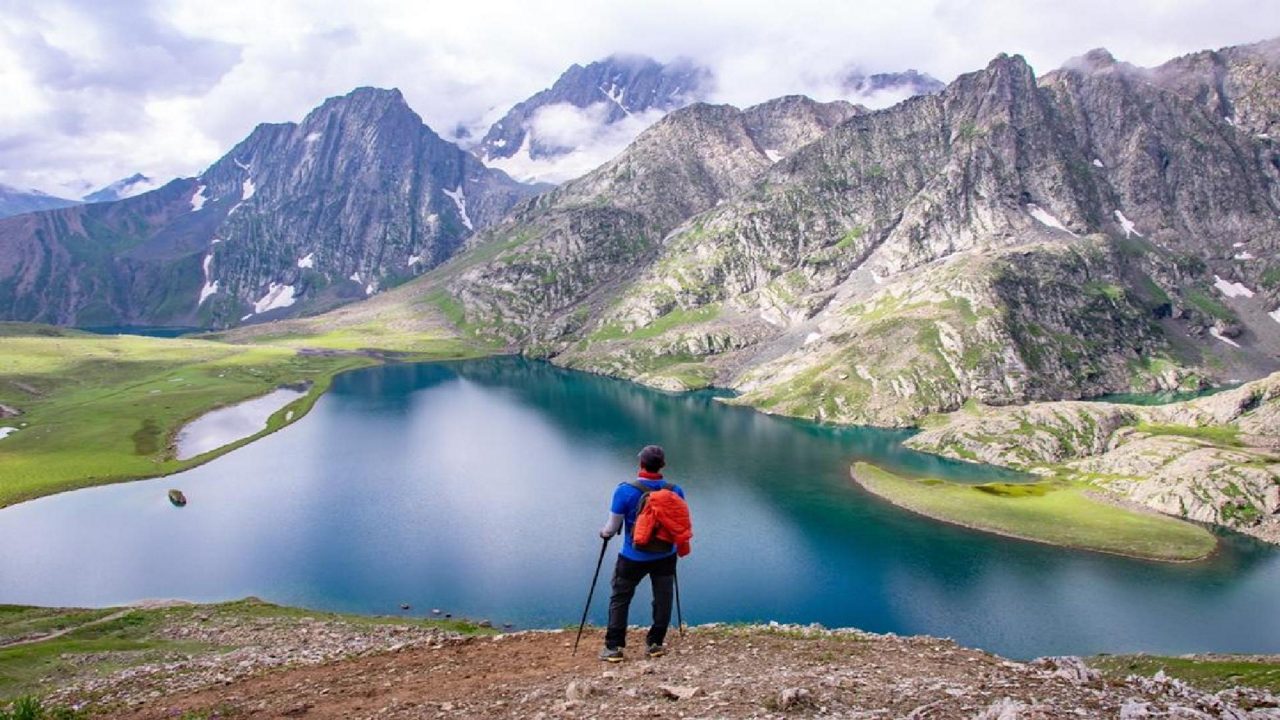The Jammu and Kashmir Forest Department has announced the temporary closure of all trekking routes across the Union Territory. This decision aims to safeguard visitors and locals, reflecting the government’s commitment to ensuring security in the region.
The attack, which resulted in the loss of 26 lives, including 25 Indian nationals and one Nepalese, occurred in the Baisaran Valley, a popular trekking destination. The assailants, identified as members of the “Kashmir Resistance” group, targeted tourists despite a heavy security presence. This incident has raised serious concerns about the safety of trekking activities in the area. As a precautionary measure, the Forest Department has instructed local police to compile a comprehensive list of all long and short trekking routes, leading deep into the forests. This initiative is part of a broader effort to assess and enhance the security of these routes. An anonymous official from the Forest Department stated, “We have decided to close all our trekking routes after the attack on tourists in J&K. The decision to reopen treks will be taken after a thorough assessment of the situation.”
The closure affects numerous offbeat trekking routes that have recently gained popularity. These trails, located in every district of Jammu and Kashmir, offer adventure seekers and nature enthusiasts a chance to explore the region’s pristine wilderness. The routes, which have been operational for the past three years, have seen an increasing number of trekkers, especially during the summer months. Last year, the government opened 100 new tourist destinations in Jammu and Kashmir, including several trekking routes. These tracks, identified across six circles—Srinagar, South, North, East, West, and Chenab—have attracted both local and non-local tourists. The North circle, encompassing Baramulla and Kupwara districts, boasts the highest number of identified routes, some of which are in close proximity to the Line of Control.
Despite the growing popularity of these trekking destinations, concerns have been raised about their environmental impact. In Pahalgam, the authorities have decided to restrict access to certain mountain areas without proper permission. The Pahalgam Development Authority (PDA) issued an order stating that trekking groups have caused damage to the natural landscape and posed a threat to the fragile ecosystem. The order specifically mentions areas like Lidderwat, Tarsar-Marsar, Kolohoi glacier, Katrinag, Tulyan, and Sheshnag lakes. Environmentalists have long warned about the potential dangers of unregulated trekking activities. The influx of tourists, often without adequate infrastructure or waste management systems, has led to littering and degradation of these pristine areas. The Forest Department’s decision to close trekking routes temporarily is seen as a necessary step to protect the region’s natural heritage.
While the closure of trekking routes may disappoint adventure enthusiasts, it underscores the importance of balancing tourism with environmental conservation and security. The Forest Department has assured the public that the situation will be continuously assessed, and decisions regarding the reopening of trekking routes will be made based on safety evaluations. The temporary suspension of trekking routes in Jammu and Kashmir highlights the delicate interplay between promoting tourism and ensuring the safety and preservation of natural resources. As the region navigates these challenges, it remains committed to fostering a sustainable and secure environment for both residents and visitors.
Also Read: https://urbanacres.in/pakistan-accuses-india-of-water-warfare/
Jammu and Kashmir Halts Trekking Activities After Pahalgam Terrorist Attack


